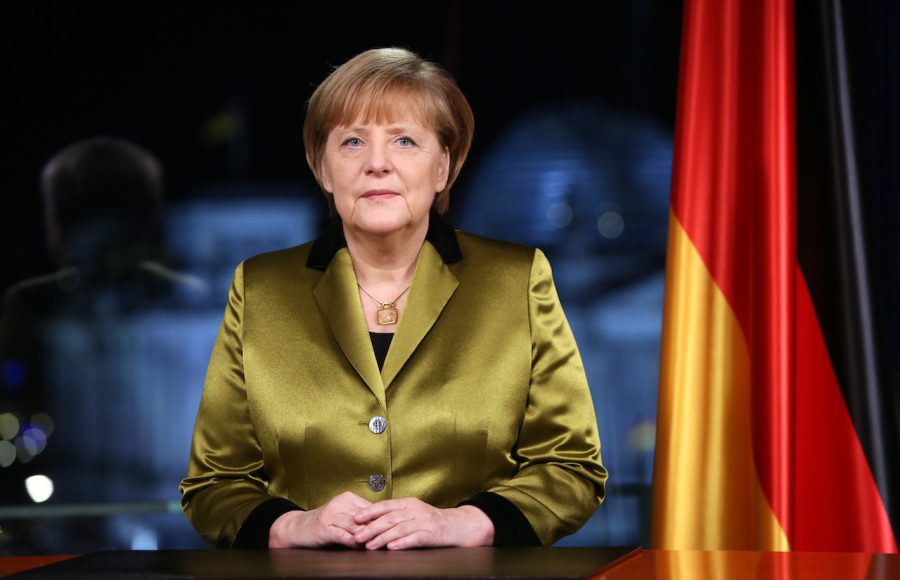Election in Berlin: Merkel let in Too Many Refugees
Homecoming Issue
October 21, 2016
In late summer of 2015, Angela Merkel, Chancellor of Germany, directed Berlin to admit millions of immigrants. A few days ago, there was a regional election that dictated which party would have the strongest influence in the upper house, the Bundesrat. The Bundesrat is made up of representatives from each of the 16 states. The party that wins the regional election chooses how that land votes in the the upper house. The Bundesrat has real power, and is not just a symbol of Germany, like the Senate.
The anti-immigrant Alternative for Germany party secured a good percentage of votes from Chancellor Angela Merkel’s Christian Democrats party. Merkel took full responsibility for her party’s losses. Her decisions to admit these immigrants caused an aftershock leading to reversal in Germany’s popular parties. The Christian Democratic Union, or CDU, and the Social Democrats emerged as the strongest two parties in the state election. During the regional elections, they each lost around 7 percent of their votes. The new, anti-immigrant party Alternative for Germany, and the anti-capitalist Left Party both rose in power. The voters felt as if there was a threat towards their own personal stability and success by the flow of immigrants in their country. Many voters are concerned that Germany cannot handle the amount of immigrants entering the borders, and they have started to raise questions about their safety. This is a trend is present throughout Europe, and the rise of power of these far-Right parties, such as AfD, has not been seen since World War II.
Liam Harron ’19 was asked what he would do if he was a German voter. He responded, “I don’t know. In a way, I’m for the Christian Democrats party. I think that it’s beneficial for the refugees to stay in Germany, but at a certain point, there can be too many of them. I wouldn’t want the country to be overpopulated, so if that is the case, I would be more for the Alternative for Germany party. But I do believe there should be somewhere else for them to live.” Dani Nathan ’19 commented, “I would vote for the Christian Democratic party. After learning about Syria, and the events that are occurring there from my Global Peace and Justice class last year, I feel bad for them. Even though it might affect my success and sustainability, it would be better for them to have a place to live. I do agree with the Germans in thinking that the Chancellor allowed to many of them in, but she had the right idea.” Connor Nisbet ’19 added, “I would vote for the Democratic Party because the emerging right wing anti-immigration parties are pretty much filled with racists and bigots, many having ties to neo-nazi groups.”































